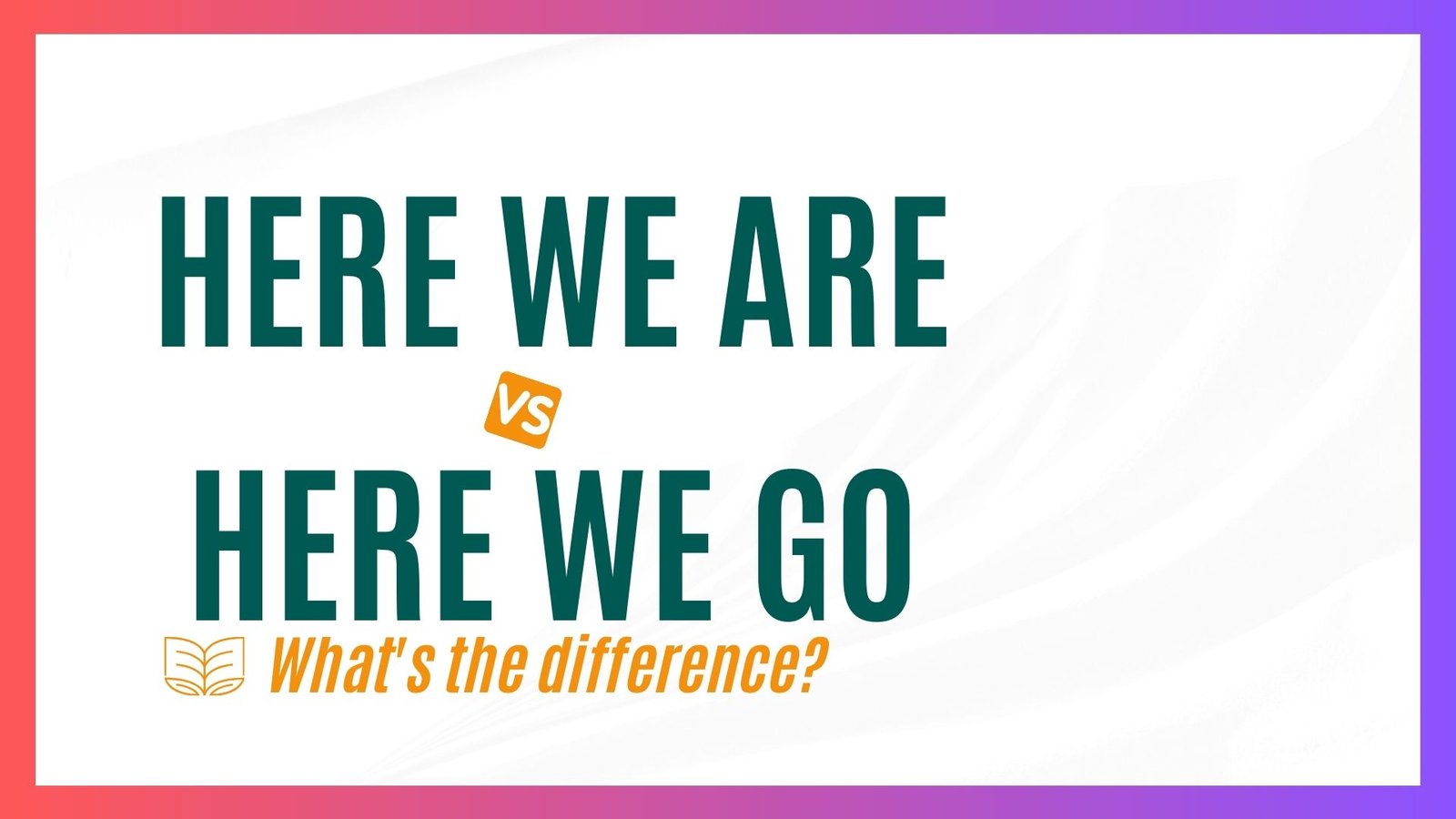

PETRA YVONNE ENGLISH
Grammar
On time, in time - at the end, in the end
A. On time and in time
On time = punctual, not late. If something happens on time, it happens at the time
which was planned:
- The 11.45 train left on time. (= it left at 11.45)
- ‚I’ll meet you at 7.30.‘ OK, but please be on time.‘ (= don’t be late, be there at 7.30)
- The conference was well-organized. Everything began and finished on time.
The opposite of on time is late:
- Be on time. Don’t be late.
In time (for something / to do something) = soon enough:
- Will you be home in time for dinner? (= soon enough for dinner)
- I’ve sent Emma a birthday present. I hope it arrives in time (for her birthday). (= on or before her birthday)
- I’m in a hurry. I want to be home in time to see the game on television. (= soon enough to see the game)
The opposite of in time is too late:
- I got home too late to see the stream of my favorite game.
You can say just in time (= almost too late):
- We got to the station just in time for our train.
- A child ran into the road in front of the car – I managed to stop just in time.
B. At the end and in the end
At the end (of something) = at the time when something ends. For example:
at the end of the month
at the end of the film
at the end of the game
at the end of January
at the end of the course
at the end of the concert
- I’m going away at the end of January / at the end of the month.
- At the end of the concert, there was great applause.
- The players shook hands at the end of the game.
You cannot say ‘in the end of …’.So you cannot say ‘in the end of January’ or ‘in the end of the concert.
The opposite of at the end (of…) is at the beginning (of…):
- I’m going away at the beginning of January. (not in the beginning)
In the end = finally.
We use in the end when we say what the final result of a situation was:
- We had a lot of problems with our car. We sold it in the end. (=finally we sold it)
- He got more and more angry. In the end he just walked out of the room.
- Alan couldn’t decide where to go for his holidays. He didn’t go anywhere in the end. (not at the end)
The opposite of in the end is usually at first:
- At first we didn’t get on very well, but in the end we became good friends.
Time to Practice
Share this with your friends👉
© 2025 Petra Yvonne English – English online

